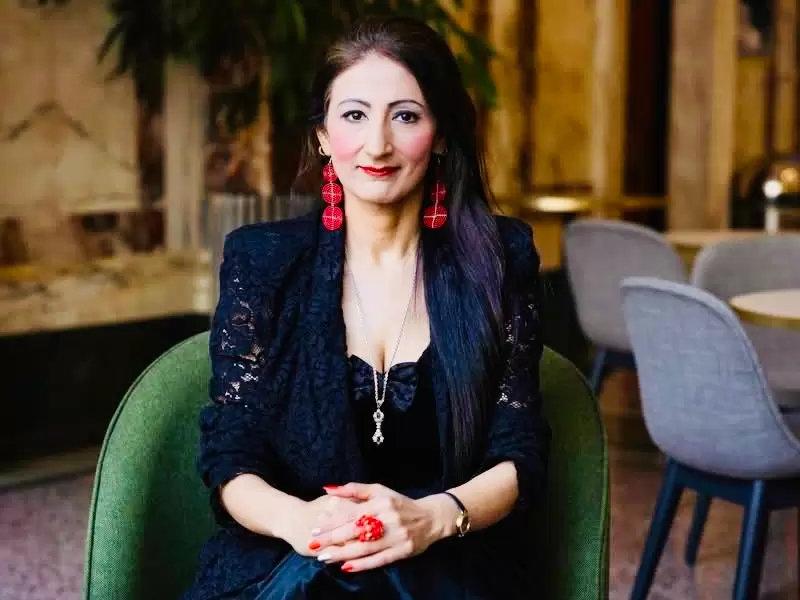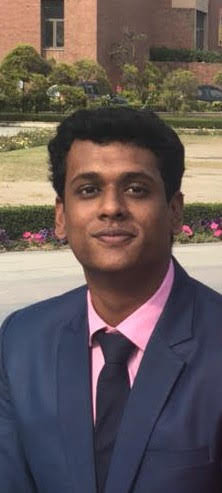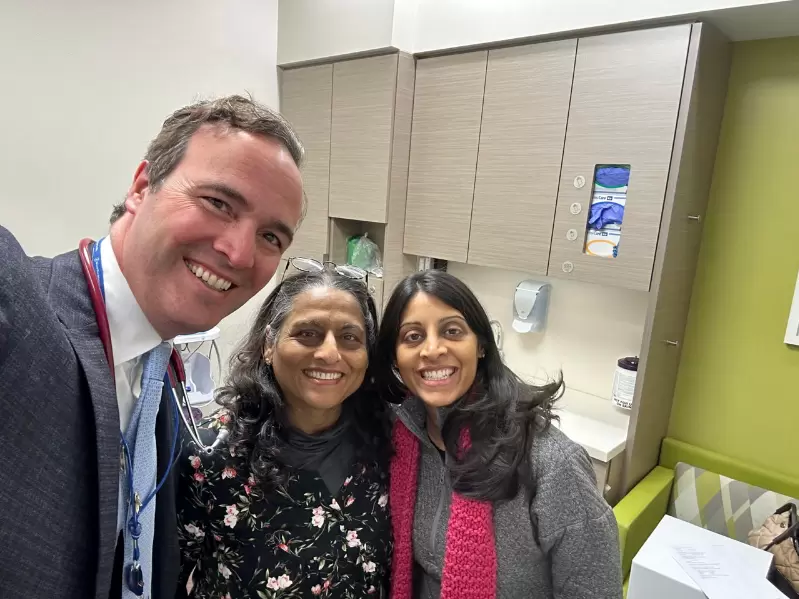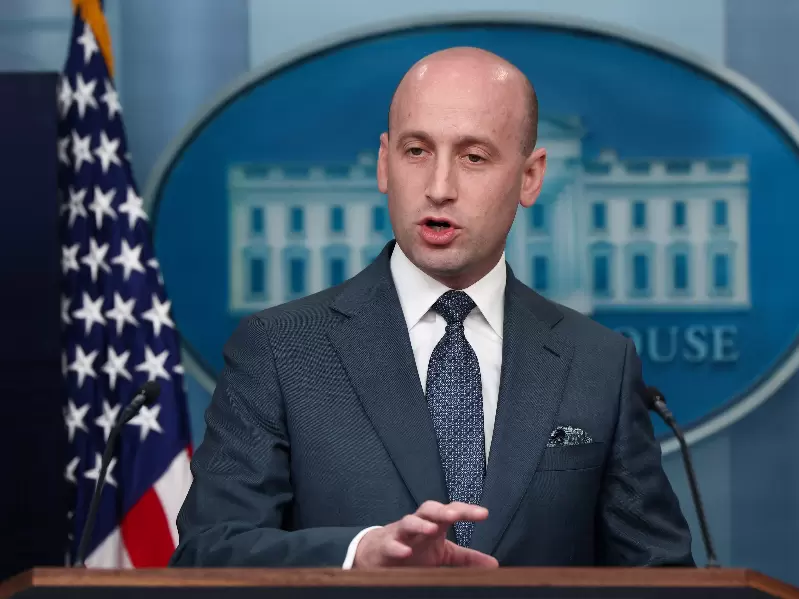Delhi High court seeks explanation in UK academic's OCI cancelation case
Kaul was stopped from entering India and her OCI was subsequently cancelled, alleging 'anti-India" activities.
 Nitasha Kaul / Nitasha Kaul via X
Nitasha Kaul / Nitasha Kaul via X
The Delhi High court has sought the Government of India's response on a plea filed by Indian origin British academic Nitasha Kaul challenging the government's order cancelling her OCI (Overseas Citizenship of India) cardholder status and blacklisting her entry to India.
Kaul was stopped from entering India after she was invited by the Karnataka government to attend a conference titled 'Constitution and National Unity'. Despite holding a valid Passport and an OCI card, Kaul was detained for close to 24 hours and then deported back to the UK, as per news reports.
Kaul's OCI status was subsequently revoked, with the official letter alleging "anti-India" activities that targeted India's sovereignty, a charge vehemently denied by Kaul.
ALSO READ: British Indian professor loses OCI status
Kaul's academic repertoire heavily features writings on Kashmir, nationalism and Hindutva. A Kashmiri Pandit by birth, Kaul holds a joint PhD in Economics and Philosophy from the University of Hull and is a multidisciplinary academic, novelist, economist, poet and public intellectual. She is a Chair Professor in Politics, International Relations and Critical Interdisciplinary Studies, and the Director of the Centre for the Study of Democracy (CSD), at the University of Westminster, in the UK.
Kaul also testified before the US House Committee on Foreign Affairs about human rights in Kashmir, a move that has drawn severe criticism from her ideological detractors.
In her petition before the Delhi High Court, Kaul submitted that she was targeted for her academic writings and action was taken against her without "being provided with specific allegations or evidence warranting such actions". The petition further accused the government of "arbitrariness and high-handedness" and is thereby preventing her from visiting her 72-year-old ailing mother.
ADVERTISEMENT
ADVERTISEMENT
E Paper
Video



 Jeffin T. Kaleekal
Jeffin T. Kaleekal











Comments
Start the conversation
Become a member of New India Abroad to start commenting.
Sign Up Now
Already have an account? Login